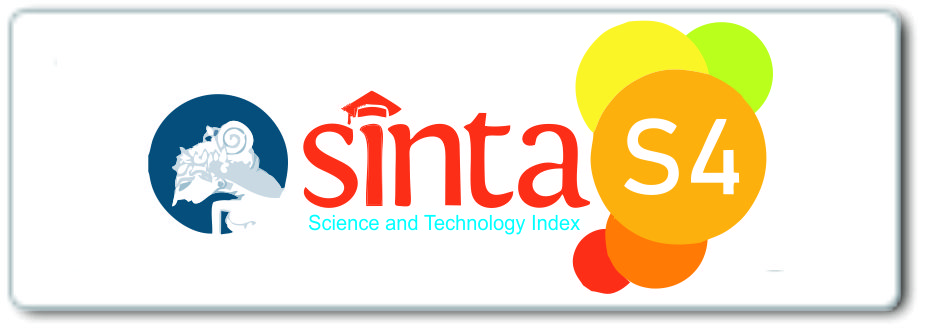Hedging As a Rhetorical Strategy in Political Discourse
DOI:
https://doi.org/10.30587/jetlal.v3i1.886Keywords:
Hedging, Pragmatic Functions, Political DiscourseAbstract
This study aims at investigating and analyzing two aspects of hedging in the first English spoken political action: (1) types of the devices, and (2) the reasons behind uttering them. The corpus providing the database for the study is Barrack Obama’s first televised interviews after being inaugurated as the president. Selecting him is absolutely for considering that he is the best representative to represent the other native politicians in spoken discourse. The questions and comments in the interviews were centered on the interviewee’s position. A body of 130 sentences from the first interview and 136 sentences from the second one were got for a detailed analysis as the data. For the goals, they were described qualitatively with the so-called ‘intertextuality’ as the assistant to get the valid and reliable findings. Findings have shown that: (i) numerous means of hedging produce numerous pragmatic functions, (ii) conversational and discourse strategies including Grice’s maxim’s are rarely adhered to in spoken political discourse, (iii) hedging is able to stem from the inner conflict between intention and desire, and (iv) As a president, Obama hardly produces a sentence that is free of all kinds of indirectness, indetermination, approximation or vagueness.





.png)




